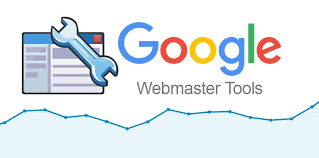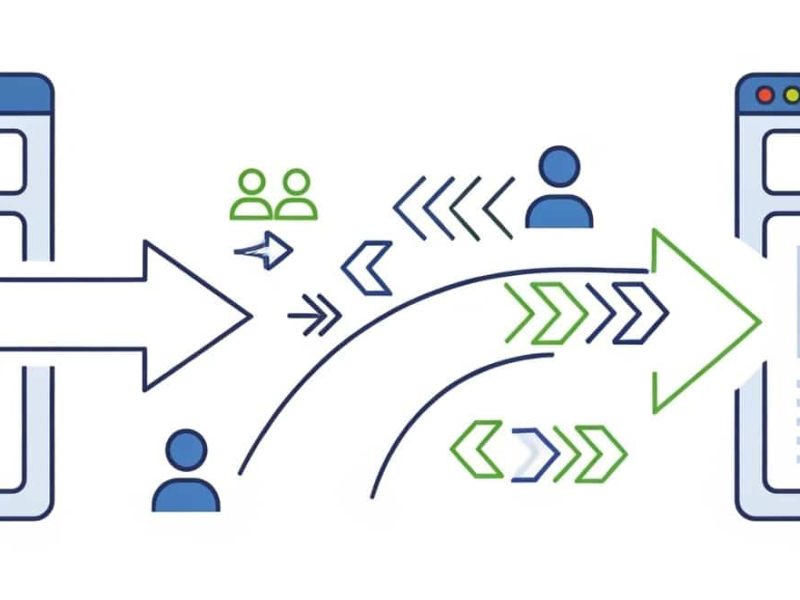Website analysis and optimization are closely related to SEO. Search Engine Optimization (SEO) is a way to increase the quality and quantity of traffic on a website so that it can appear in the top rankings of Google search results. In this article you will find 15 cheap, free, and best SEO tools for your website.
Running a strategy in the form of optimization is indeed important for you, the website owner, especially if you have to manage it yourself. There are two ways to optimize your website, namely on-page and off-page. No need to worry, because currently there are various SEO tools that can help you ensure how well the SEO strategy you have implemented is how well.
15 SEO Tools for Analyzing Websites
Google, as the single largest and most used search engine today, has its own way of seeing the quality of content on a website. In order to provide the best experience for its users, Google will select the most relevant quality websites to be displayed in search results.
This complicated system indeed ultimately made Google have to repeatedly update their algorithmic system. However, you don’t need to worry, because the following 15 tools can be used to estimate how Google sees the quality of content on a site.
1. SEMrush

This SEO tool released in 2008 that you can use to optimize your website. This tool can provide guidance regarding what you need to do from the dashboard. Without taking long time, you can find out what your website is missing and how to optimize it.
You can easily use SEMrush interface and its analysis features are quite complete. Call it the website audit feature and keyword tracking to determine the suitable keywords for your website, especially blogs.
If you are interested in developing your website using SEMrush, you can take advantage of the free seven-day trial service.
2. Google Webmaster Tools

Since most websites are chasing rankings in the Google search engine, why not take advantage of Google’s Webmaster features? Google Webmaster Tools is a piece of software that is easy to use and will show you an outline of Google’s process of displaying search results.
In addition, you can also test whether the content of a site is relevant enough to the keywords of the search.
You can also use Google Webmaster Tools to analyze content by simply entering a URL. After that, you will see the results of the analysis, whether the content has met Google’s SEO standards or not. Every week, you can get a quota of using this fetch feature up to 500 times.
3. Moz Pro Tools
If you subscribe to Moz Pro Tools, you can get regular information regarding recommended software that you can use to improve website performance.
Moz Pro Tools also has a selection of sources that can help you optimize the SEO of the content on your blog or website. In addition, there are also sources to increase website traffic to analyze content that does not meet standards.
4. SEO SiteCheckup
Apart from displaying the SEO value of your website, this SEO SiteCheckup also provides information about how you can improve the quality on your website by simply entering a website URL or link.
After that, SiteCheckup SEO will display the results of an analysis of your website, starting from the use of keywords and headings, completeness of website information, security level, even simulating the appearance of the website on mobile to calculating the number of main keywords most often used on the website.
If you haven’t created an account, you can only check up for one website per day. Relax, you only need to create an account if you want to check up five times.
However, if you need to generate analysis reports for multiple websites, maybe you can buy a subscription their subsciption package.
5. Screaming Frog SEO Spider
This is one of the favorite SEO tools for digital marketers. How not, apart from offering an interface with easy-to-use functions, Screaming Frog also analyzes all SEO aspects of a website URL.
Starting from website development, checking effectiveness to website opportunities to increase rankings using SEO, as well as analyzing problems and deficiencies that content on websites has related to the use of keywords, links, and so on.
Seeing how deep the analysis is and how much analysis needs to be done, it’s no wonder that the Screaming Frog SEO Spider can spend hours or even a full day analyzing a website, especially large websites.
Another advantage, Screaming Frog SEO Spider users can also transfer analysis results in the form of Microsoft Excel whenever needed so that when combining this tool with other tools (for example with Moz Pro Tools), users can save the analysis result data and download it on other SEO tools.
Screaming Frog is also considered to be one of the most comprehensive and easiest to use tools for monitoring ranking and traffic on a website.
6. QuickSprout Website Analyzer

One more tool that is able to provide an in-depth analysis of a website based on the technical side of the SEO used. QuickSprout Website Analyzer is an SEO tool that works quickly and uses a thorough analysis process of a website.
Besides being fast, the use of this SEO tool is also fairly easy. How not, you only need to enter the site address or URL, and wait a few minutes for the QuickSprout Website Analyzer to display the data from your website analysis.
QuickSprout Website Analyzer can help analyze SEO, website speed, use of tags, keywords, social, links, and even compare your site with other sites.
Apart from that, this tool can also provide other advantages, namely the display of analysis results in percentage form so that it can make it easier for you to understand the analysis results from the QuickSprout Website Analyzer.
7. Check My Links
A quality website or blog can be judged from the external and internal links contained in an article and Check My Links can help you make sure all the links attached to an article are still active. Links that are still active will be colored green and links that can no longer be visited will be marked in red.
This tool can be used as an extension for the Google Chrome web browser.
8. XML Sitemaps Generator
Having a sitemap is one way to get your website indexed by Google. The XML Sitemaps Generator can help you create a sitemap for your website in XML and HTML format. You only need to enter the full address of your website using “http: //” or “https: //” and wait for your sitemap to appear.
The XML Sitemap Generator will also generate information regarding the number of pages, broken links, the contents of the XML file and the link to the sitemap file. This SEO tool can crawl up to 500 pages for free. However, if you need to index more web pages, you can use the paid version which starts at $ 41.88/year.
9. Schema Creator
Schema Creator can help you monitor the usage of your keywords on the website. Starting from the effect of keywords on website rankings in general to how effective these keywords are in a particular region.
Apart from Google, you can also use Schema Creator to check the ranking position of your website from other search engines, such as Yahoo, Bing, Baidu, and Yandex.
In order to enter the schema code on your website, you only need to copy and paste the code provided by this tool. Apart from that, this tool also has a free WordPress plugin for those of you who use WordPress as a CMS.
Apart from WordPress plugins and websites, Schema Creator also provides applications that you can use for free for 14 days before you decide to subscribe or not.
10. Mobile-Friendly Test

The mobile-friendly test is a tool from Google that you can use to see if your website is mobile-friendly or not. In order to use it, you only need to enter the URL of the website you want to analyze, then click the “run test” button. After that, wait a few seconds until you see the results of the website display on mobile.
This tool can also provide some suggestions that you can do to optimize your website so that it can be accessed easily and comfortably by mobile users, such as font size and media on website content.
Conclusion
10 SEO tools above have roughly the same function. However, of course they have advantages and disadvantages of each. Please choose according to your website needs and the goals your brand or business wants to achieve, yes!
There are many things that affect the success of an SEO strategy, from the use of focus keywords, alternative text in images, the load speed of each page to what tools you use to analyze your website. Of the 10 recommendations that have been discussed earlier, you can conclude for yourself which SEO tool is suitable for your website.
One important thing you need to remember, the type of hosting you use also has an important influence on the quality of your website. Make sure you use the best hosting service that is fast, secure, and always reliable so that your website can give its best performance.
From the list above, are there any tools that you have ever used? Or, maybe you are using a tool that is not included in the list of recommendations above? Please kindly let us know!

Andriy Kravets is writer and experience .NET developer and like .NET for regular development. He likes to build cross-platform libraries/software with .NET.



